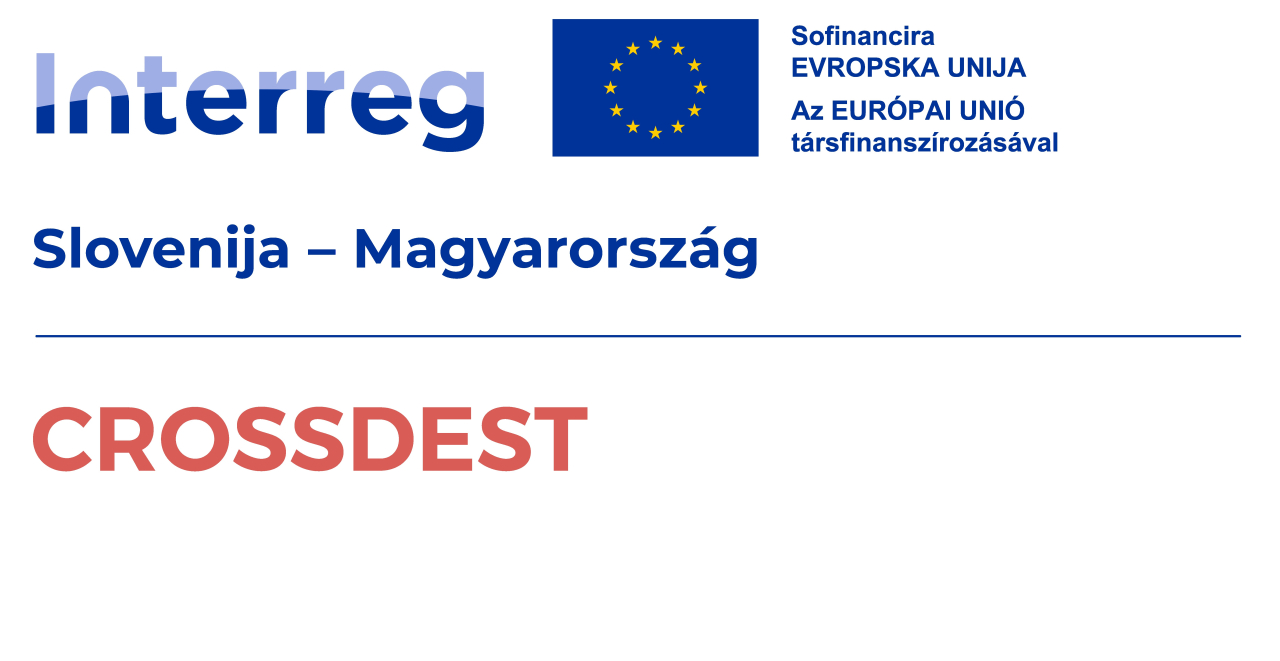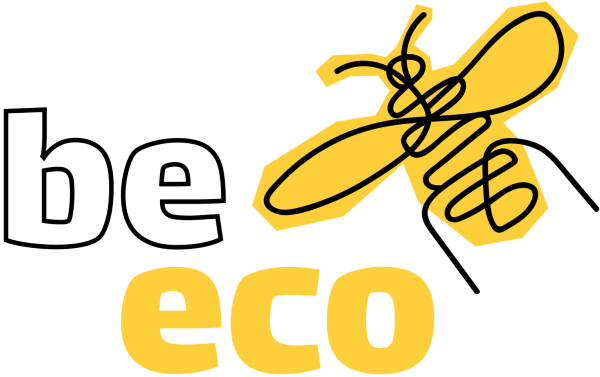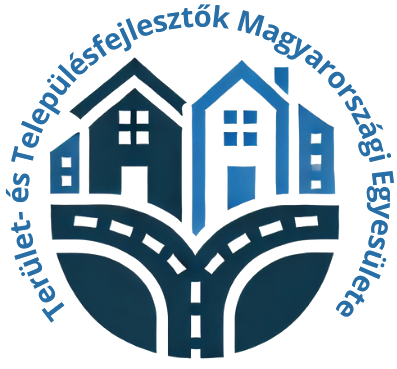Gyula
Gyula is a town steeped in history and cultural tradition, making it an attractive destination for both history enthusiasts and those seeking relaxation. One of the town’s most prominent attractions is the Gyula Castle, Central Europe’s best-preserved flatland brick castle, which hosts cultural events such as the Végvári Days and the Castle Jazz Festival. The Castle Spa, one of the most modern health and recreational facilities on the Alföld, welcomes visitors year-round with its therapeutic waters and wellness services. The Almásy Mansion, located in the town’s historical centre, features an interactive exhibition offering visitors a glimpse into the everyday life of nobility and servants. Gyula’s multicultural character is also evident, as the town is home to significant Romanian and German populations who proudly preserve their cultural traditions. These attractions, along with a wealth of cultural programmes, draw numerous visitors each year, enhancing Gyula’s appeal as a tourist destination.
Getting there
- Walk
- Bike
- Bus (rented for the trip)
- Car
- Horseback
- Electric bicycle
- Boat (sailboat, motorboat)
- Electric car
- Paddling (kayak, canoe, boat)
- Railway
- Bus (rented for the trip)
- Motorcycle
Arrival
- Walk
- Bike
- Bus (rented for the trip)
- Car
- Horseback
- Electric bicycle
- Paddling (kayak, canoe, boat)
- Public bus transportation
- Motorcycle
Public transport
- railway
- bus
Parking information
- Free outdoor parking available
- Paid bus parking available
- Paid parking available
- Free bus parking available
- Electric car charging available (free)
Sustainability level
Topic 1: Destination Management 76%
- Visitor management: 60%
- Commitment and organization: 88%
- Design & development: 83%
- Monitoring and reporting: 50%
- Legal and ethical compliance: 100%
Topic 2: Nature and landscape 38%
- Nature and wildlife protection: 67%
- Nature and conservation: 10%
Topic 3: Environment and climate 61%
- Land use and pollution: 100%
- Water management: 50%
- Energy, sustainable mobility and climate change: 43%
- Adaptation to climate change: 100%
- Waste and recycling: 10%
Topic 4: Culture and traditions 88%
- Cultural heritage: 100%
- People and traditions: 75%
Topic 5: Social Welfare 73%
- Health and safety: 100%
- Local economy: 80%
- Socio-economic impacts: 50%
- Community participation: 50%
- Human dignity: 86%
Topic 6: Business and Communication 56%
- Business participation: 11%
- Information and marketing: 100%












